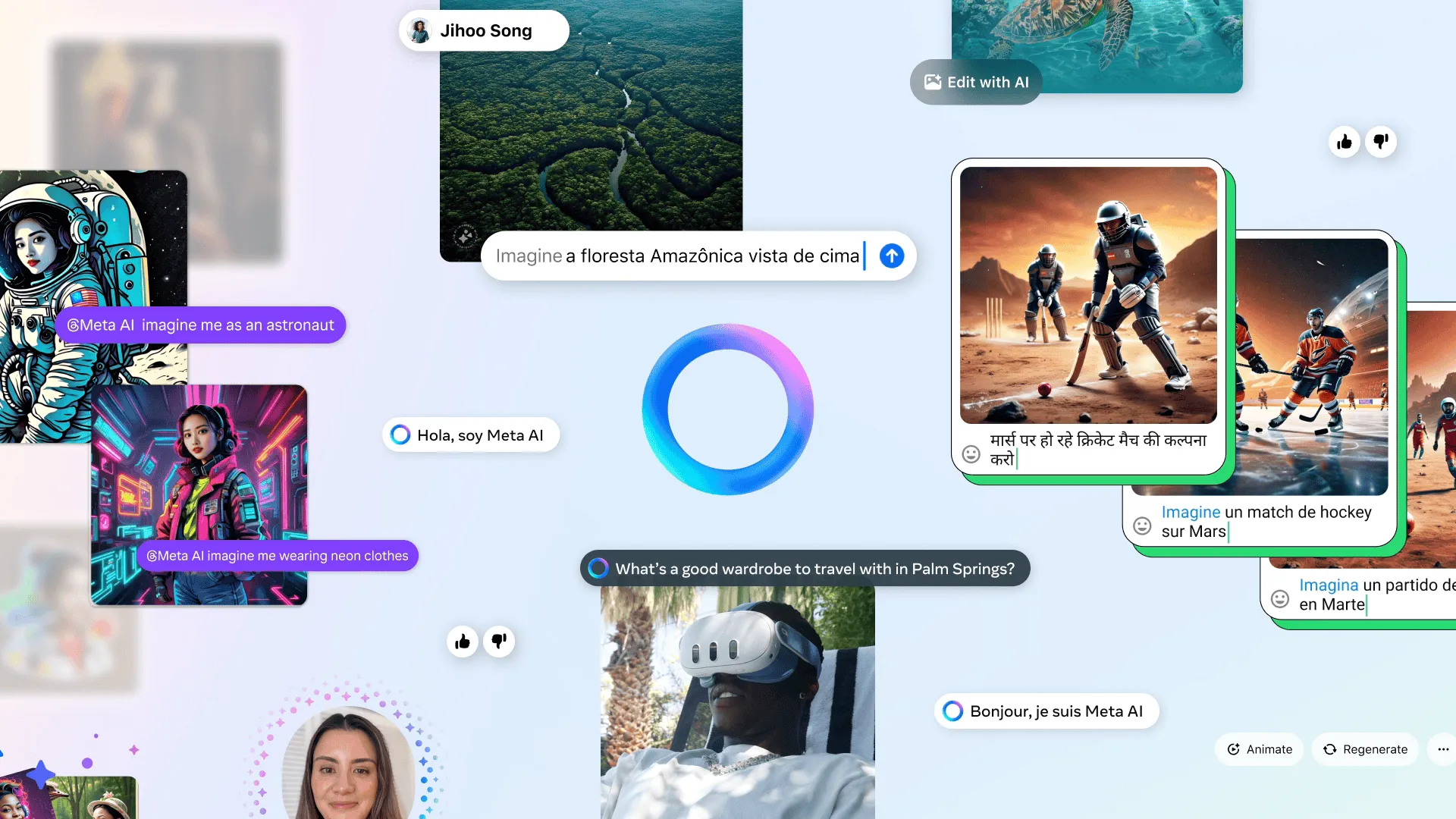Meta AI is stepping up its game with a major enhancement to its cross-platform chatbot, introducing a memory feature that allows it to retain and utilize user-specific information to provide a more personalized interaction. This update is set to revolutionize how users engage with Meta AI across various Meta platforms like Facebook, Messenger, and Instagram.

Memory and Context Awareness
In an era where digital interaction is paramount, Meta AI aims to create a more relatable and engaging user experience. According to a recent announcement on Meta’s official blog, users engaging with Meta AI on popular apps such as Facebook, Messenger, and WhatsApp will now have the option to make their interactions more personalized. They can instruct Meta AI to remember specific details, such as their travel preferences or linguistic interests, enhancing the chatbot’s ability to serve tailored content.
“Meta AI will start to give you answers based on what preferences and information you’ve shared,” Meta CEO Mark Zuckerberg explained in a social media post. He shared his own experience, noting, “For example, it’s helped me come up with creative bedtime stories for my daughters, so if I ask it for a new one, it remembers they love mermaids.”
Data Integration Across Platforms
Drawing parallels with similar features in OpenAI’s ChatGPT and Google’s Gemini, Meta AI’s memory function is designed to grasp “important details” based on the context of the conversation. For instance, if a user mentions they are vegan in a chat, Meta AI will remember this preference and automatically suggest appropriate breakfast options in future interactions.

Navigating Privacy Concerns
In a move that has stirred some controversy, Meta AI will also leverage account information from across all Meta-owned applications to deliver these personalized experiences. This means that elements like a user’s home location from Facebook or their recently viewed videos on Instagram could influence the responses and recommendations provided by Meta AI.
While the updates are currently available to users in the U.S. and Canada, Meta plans to roll these features out globally. Notably, these personalized experiences will not include an opt-out option, which has raised concerns about user privacy and data handling.
Amidst the excitement surrounding these technological advancements, Meta is also facing scrutiny over its handling of user data. With a backdrop of dwindling trust in how Meta manages personal information, especially on platforms like Facebook, the introduction of these new features could be seen as a double-edged sword.
Meta assures users that any data remembered by Meta AI can be deleted at any time, and this memory feature will not be active in group chats, providing some level of privacy control back to the users.

As Meta AI integrates deeper into the daily digital routines of its users, the potential to transform online interactions is immense. However, as with any advancement that involves personal data, it will be crucial for Meta to maintain transparency and protect user privacy to foster a trustworthy environment.










